The 21st century walks towards redemption for the acknowledgment of previously dismissed psychological illnesses such as anxiety and depression. The latter now receives attention as the “leading cause of disability worldwide,” and according to the World Health Organization (WHO), at least 280 million people struggle with it, which accounts for up to 4% of the world’s population.
Disorders such as schizophrenia plague individuals around the globe, but other conditions tend to surface locally. For instance, in the central plateau region of Haiti exists “reflechi twòp”, a condition of serious cases of rumination, to the point patients can no longer leave their houses. Here in Korea, we have 화병 (Hwa-byung).
I once treated a middle-aged female patient who was born in Jeju Island, got married and moved to Andong, but ended up hospitalized in the psychiatric ward due to starvation from being unable to swallow food. Only after sessions and sessions of psychotherapy explaining the cultural differences between the two cities and empathizing with the extreme psychological pain the patient was experiencing was she able to start consuming food again.”
— Unsun Chung
울화병 (Ul hwa-byung), written as 鬱火病 in Chinese characters, roughly translates to “a type of somatic symptom disorder that arises from repeating occurrences of suppressing stress or anger”. The character 火 holds a dual meaning: “anger” and “fire” – precisely why the illness sometimes gets referred to as the “fire syndrome” in English.
Those inflicted with Hwa-byung often experience a myriad of seemingly random symptoms like rapid heartbeat, shortness of breath, fatigue, and flushing of face and body. This categorizes Hwa-byung as a somatoform disorder: A type of mental ailment in which one suffers physical symptoms without any identifiable biological cause, as stated in the Diagnostic and Statistical Manual of Mental Disorders (DSM-IV). Instead, the root points to psychological factors.
Hwa-byung remains unique to South Korea to this day, with no direct translation available in the English dictionary. The term is often used to express anger among South Korean seniors, commonly referred to in expressions like “화병 난다,” the equivalent of “This is driving me crazy”.
Unfortunately, due to the light usage of the word in everyday conversations, individuals often forget that Hwa-byung holds its place as a diagnosable psychological illness. The term was included in the fourth edition of the DSM published in 1994, but due to its absence in the recently updated version, DSM-IV, several victims remain unaware of their own condition to this day.
If left untreated, progression can potentially lead to further complications such as lowered immune systems, making early diagnosis necessary.
The causation of this specific ailment in South Korea often gets attributed to its confucianist culture, which highly values patience and wisdom. This leads individuals away from direct and healthy expression of emotion. To add on, second-grade teacher Ms. You states, “Korean culture has the 선배/후배 (upperclassmen and lowerclassmen) culture or elderly people versus the younger generation, so you can’t really express your thoughts openly because you are scared that it can backfire. Because of that hierarchy, you have to hold it in.”
Korean culture has the 선배/후배 (upperclassmen and lowerclassmen) culture or elderly people versus the younger generation, so you can’t really express your thoughts openly because you are scared that it can backfire. Because of that hierarchy, you have to hold it in.”
— May You
Research proves that middle-aged women mostly fall victim to “fire syndrome,” with at least 4~5 women per every 100 in the nation affected. More often than not, people blame the respect-oriented social hierarchy for this. Confucianist culture generates conflict especially between daughter-in-laws and mother-in-laws, known as “고부갈등.” This became such a common occurrence in modern day households that Korean media often features TV shows and dramas dedicated to the national issue.

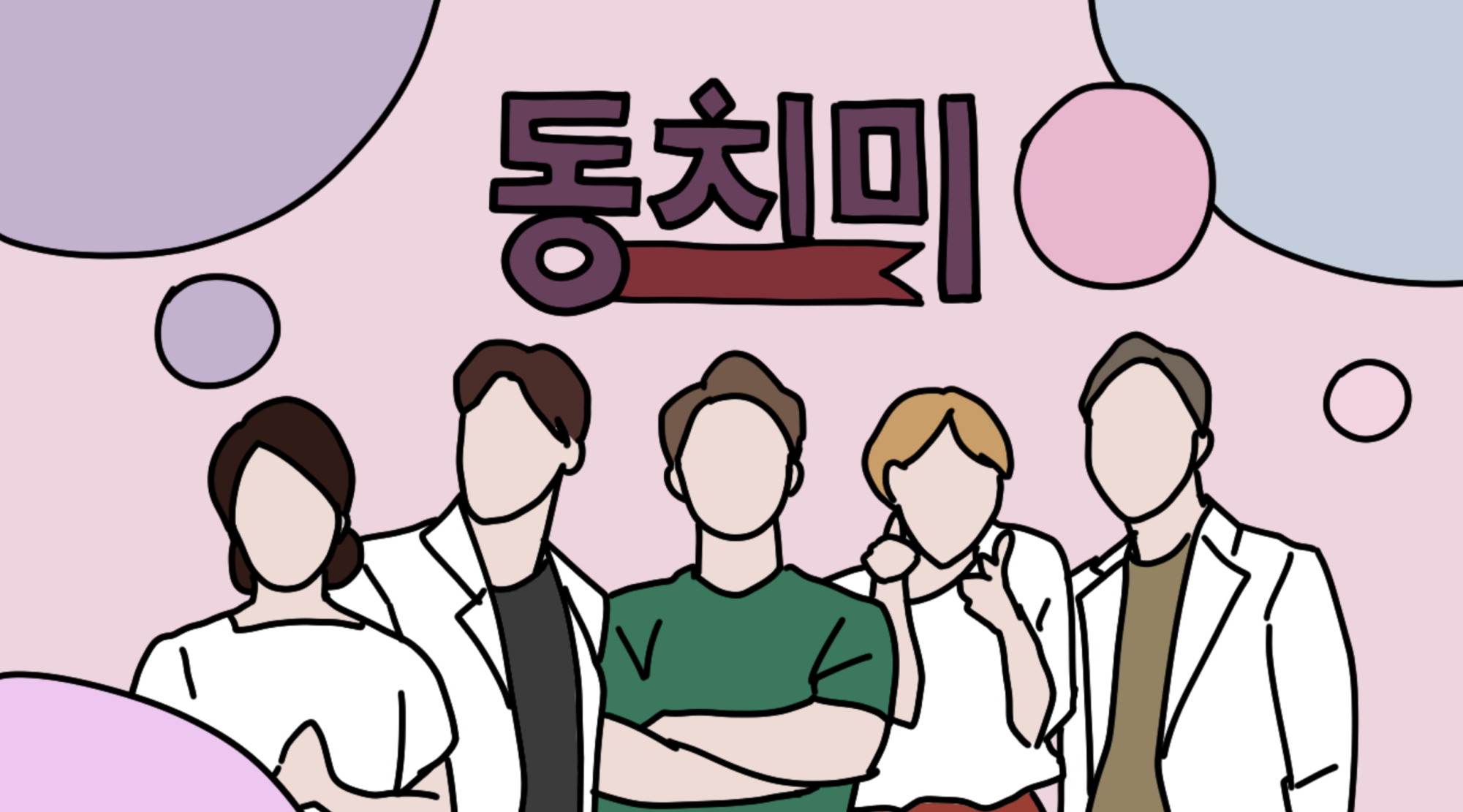
Moreover, different communities within Korea possess region-specific traditions. For example, married women in Jeju typically live apart more independently from their parents-in-law, whereas women in the Andong regions struggle with an expectation to live under constant servitude to their in-laws.
Unsun Chung, a professor of Child and Adolescent Psychiatry at Kyungpook National University, recounted an experience of a patient that visited her due to issues with anxiety and diet. “I once treated a middle-aged female patient who was born in Jeju Island, got married and moved to Andong, but ended up hospitalized in the psychiatric ward due to starvation from being unable to swallow food. Only after sessions and sessions of psychotherapy explaining the cultural differences between the two cities and empathizing with the extreme psychological pain the patient was experiencing was she able to start consuming food again” According to the professor, this experience opened her eyes to the recognition of intertwined relationships between cultural differences and formation of mental health disorders.
In order to combat the spread of the illness to future generations, attention towards and effective treatment of Hwa-byung is of utmost importance.
Eugene Chi, a PhD student from the University of British Columbia, recently graduated after receiving her degree in Counseling Psychology. For her graduation paper, she conducted a survey-based research to study Hwa-Byung among female immigrants in Canada. She expressed that “through research and clinical practice, my experience has been that most clients perceive mental illness not as a goal to actively treat but rather as something they simply endure and live with.” The majority of Korean psychiatrists recommend a combination of psychotherapy and drug prescription as a remedy for Hwa-byung patients. Fundamentally, the fact remains that the first step to recovery is for one to identify the underlying reasons for stress and work towards resolving them. Perhaps, with time, the flames of Hwa-byung may be extinguished.

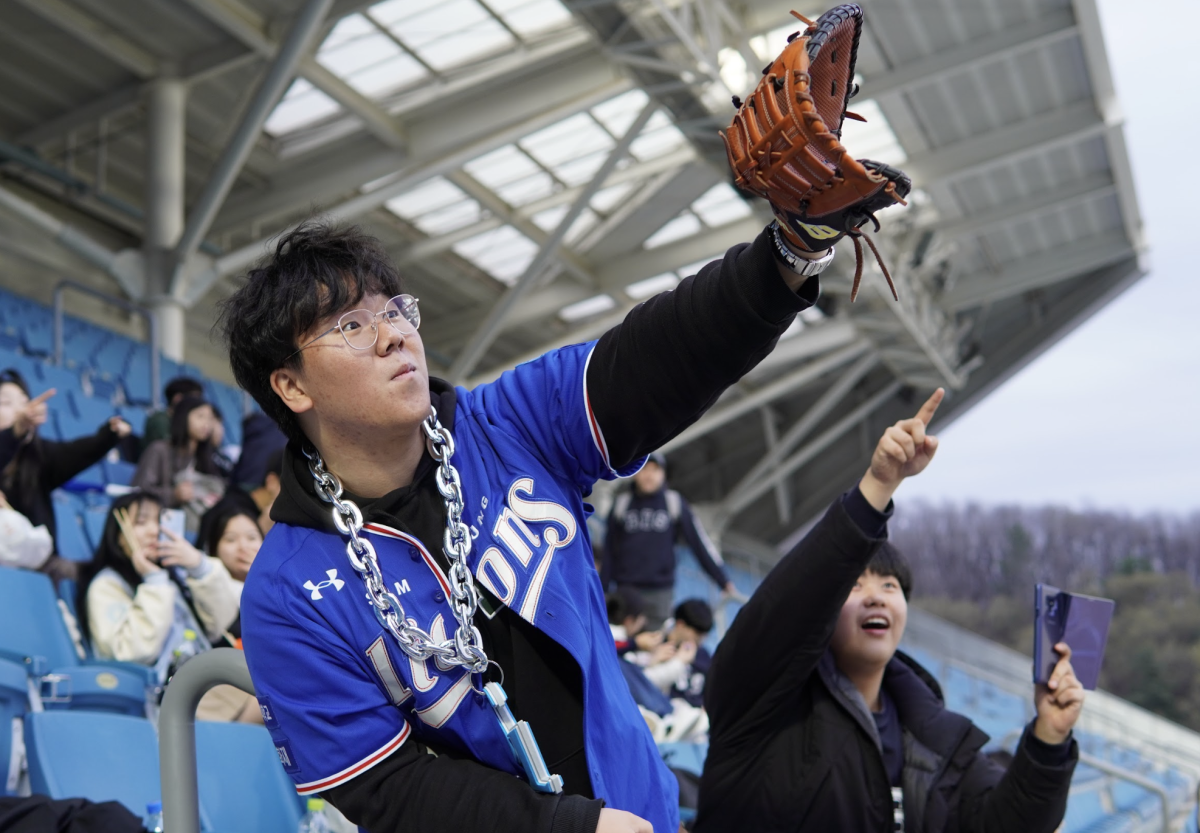
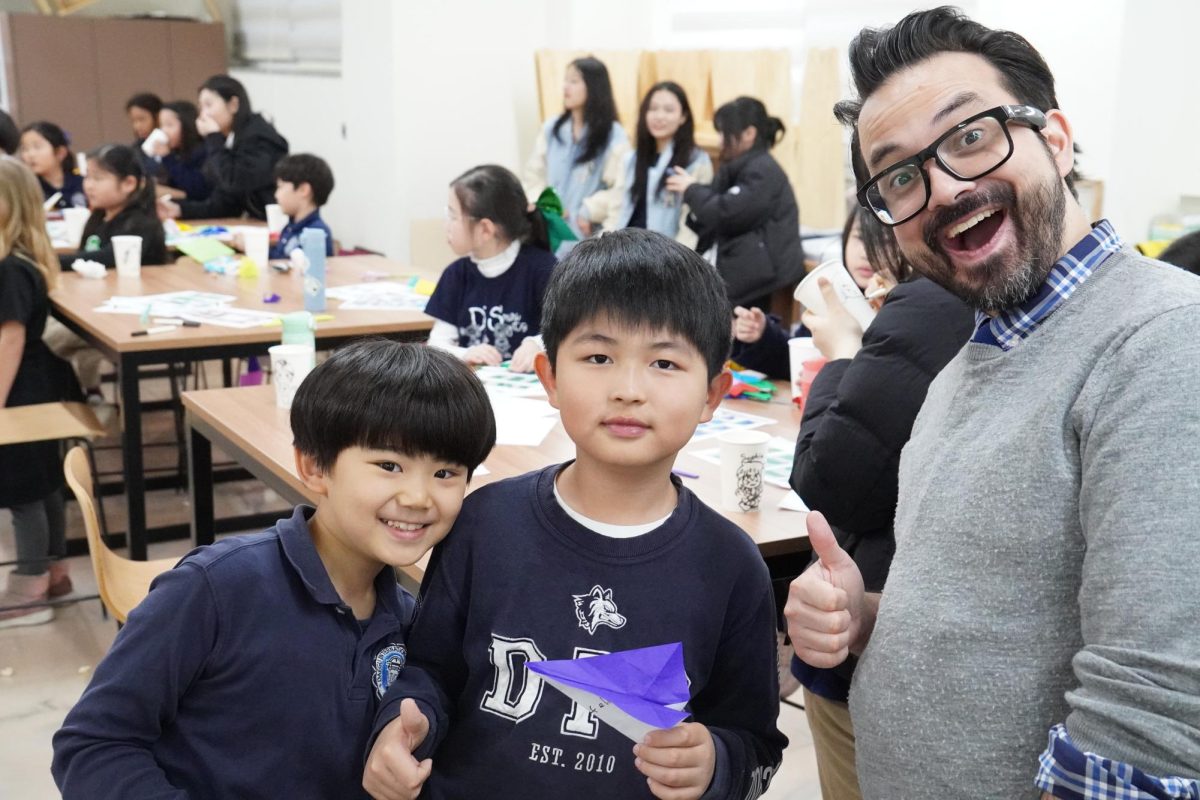
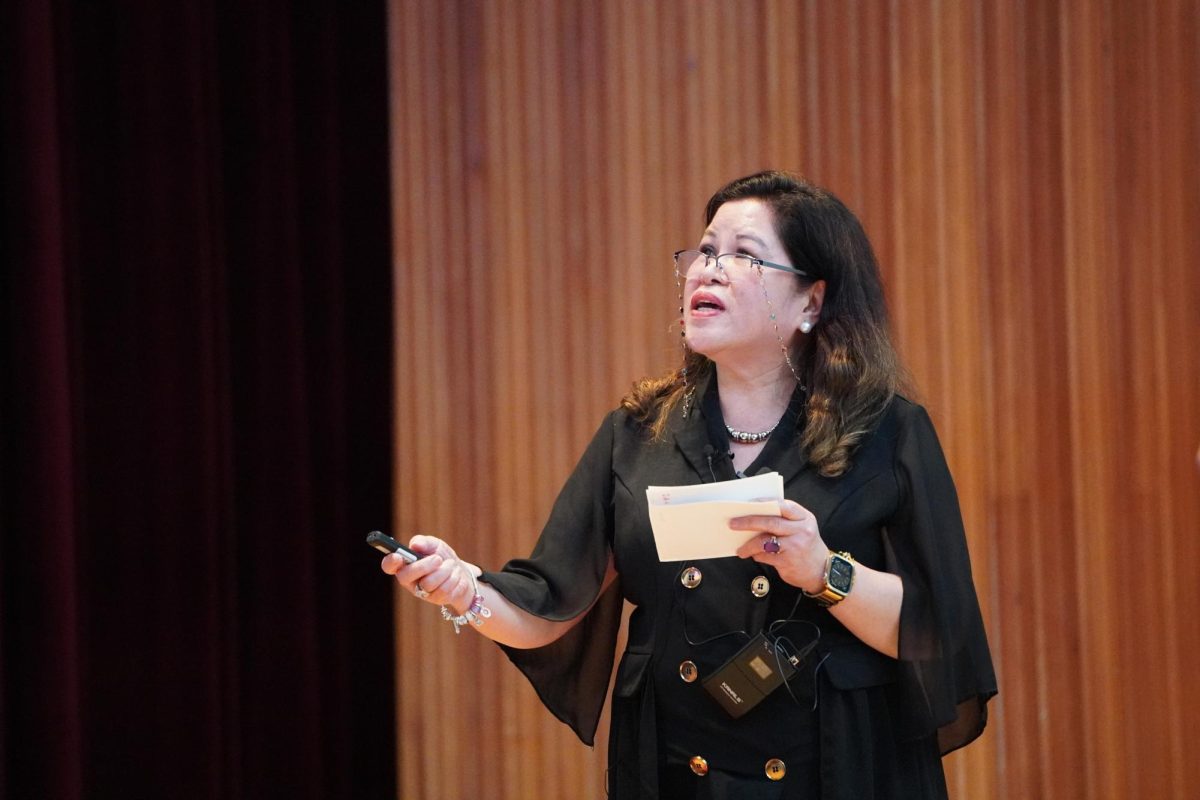
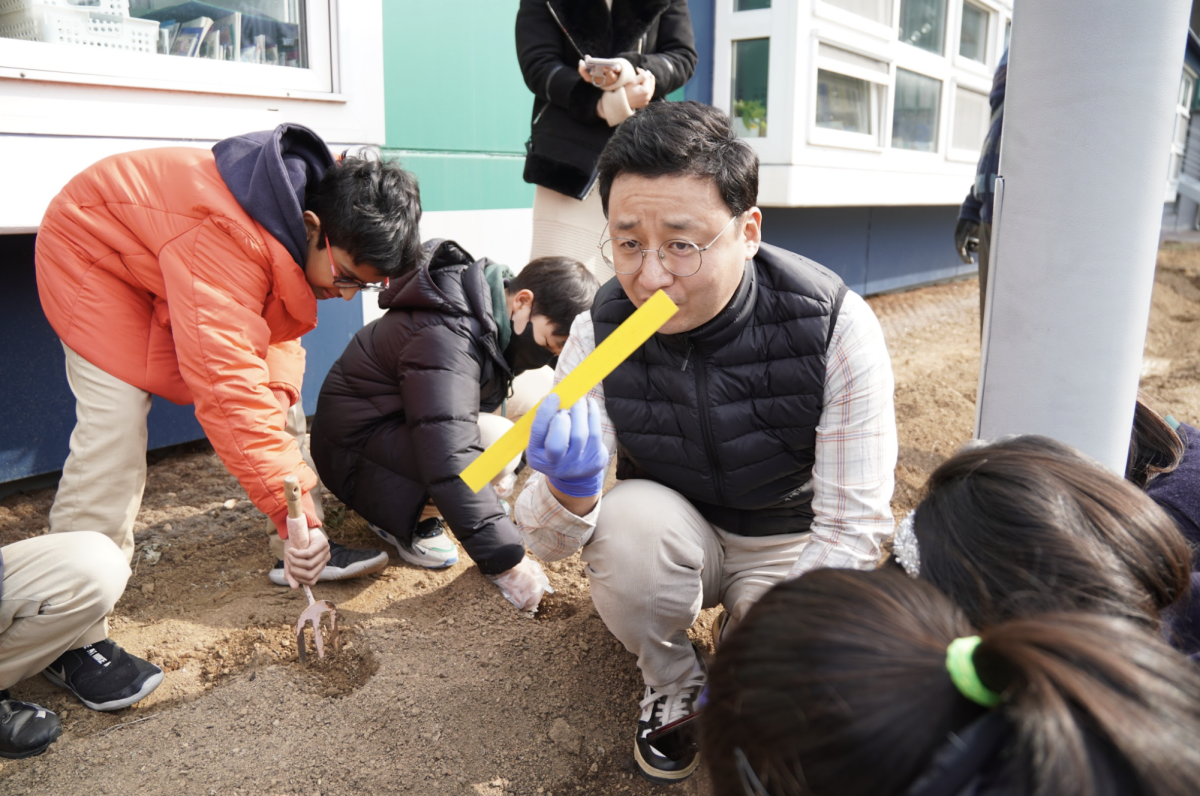
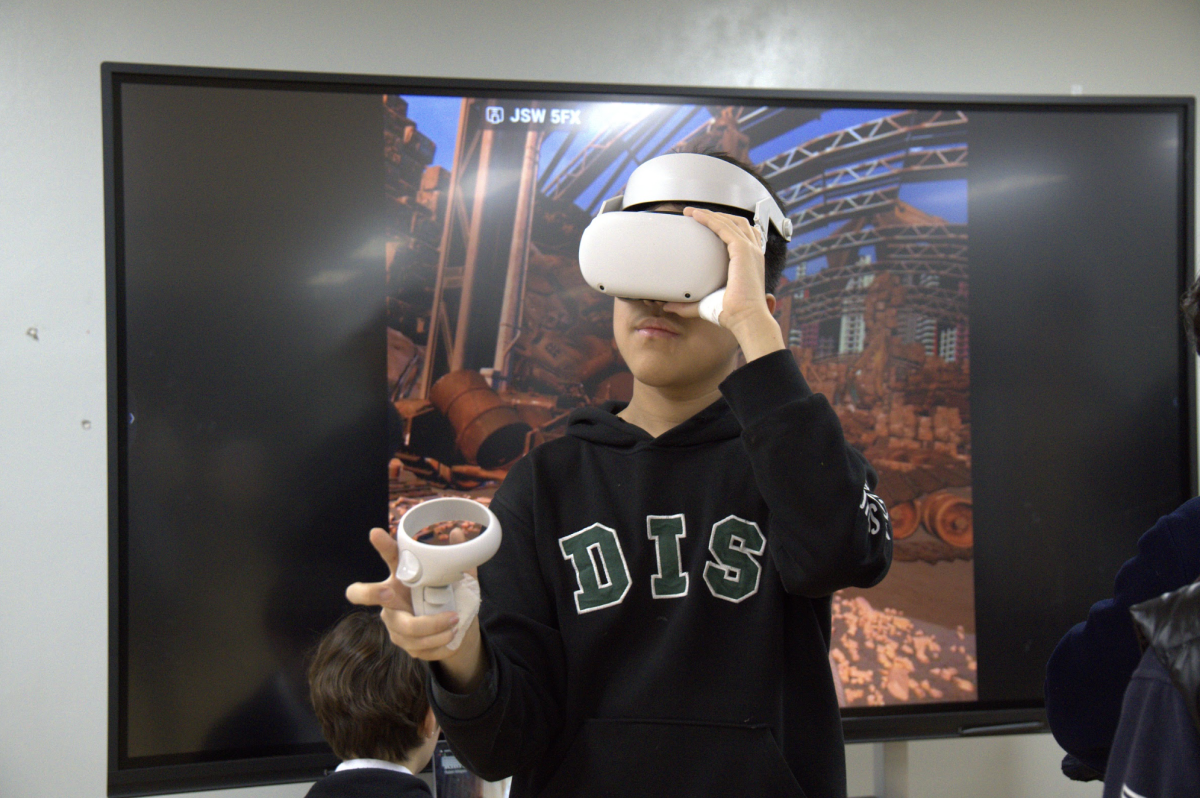
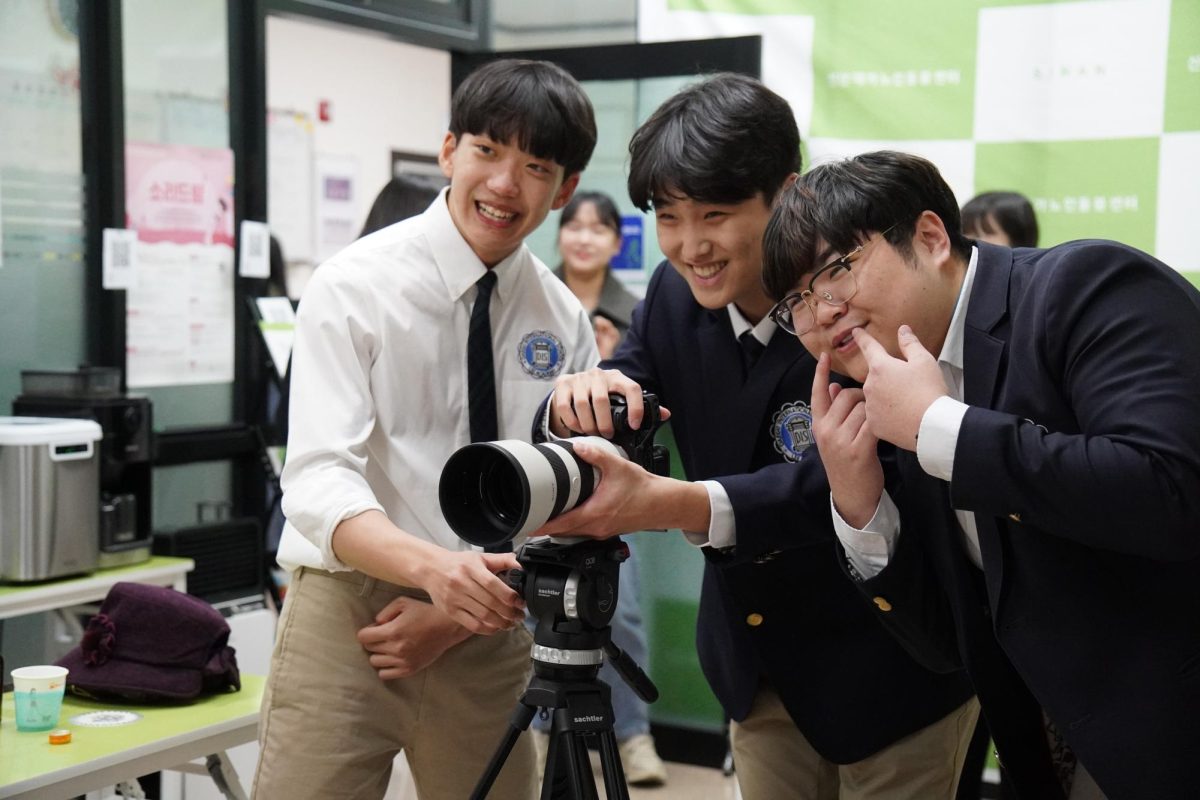
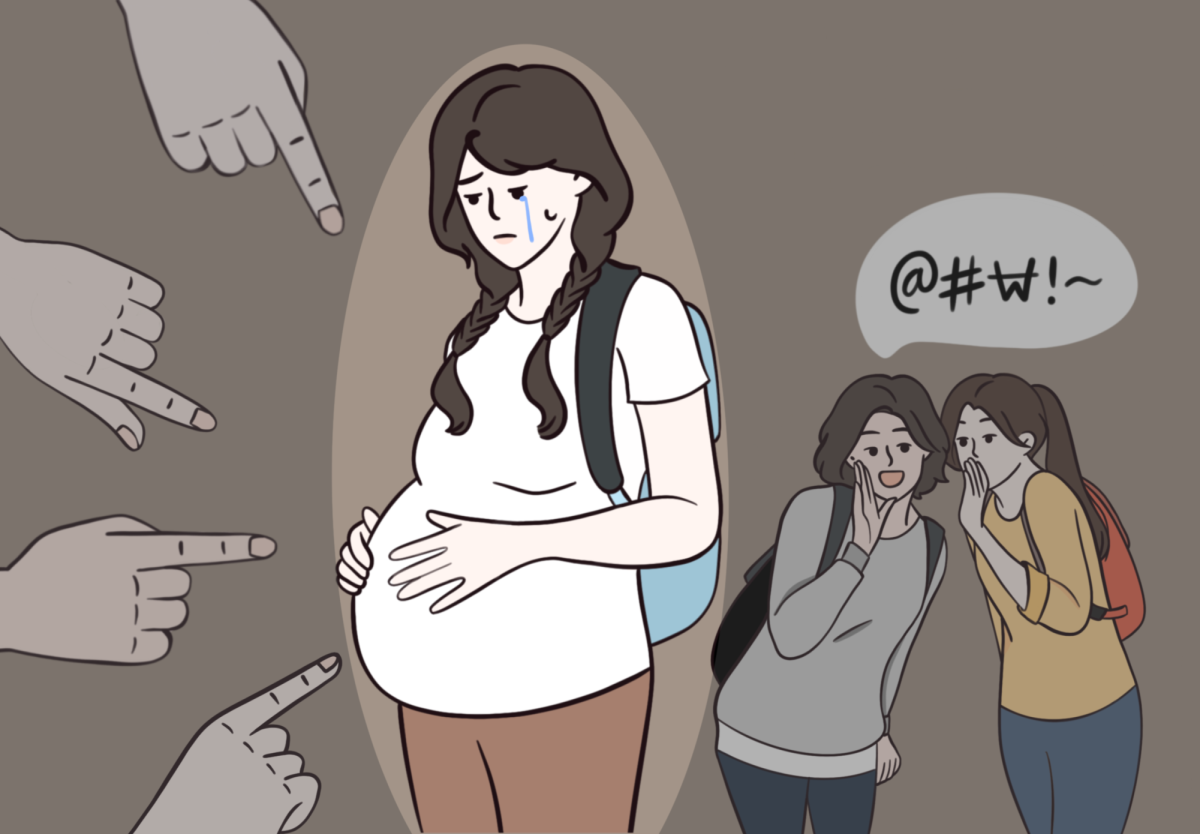
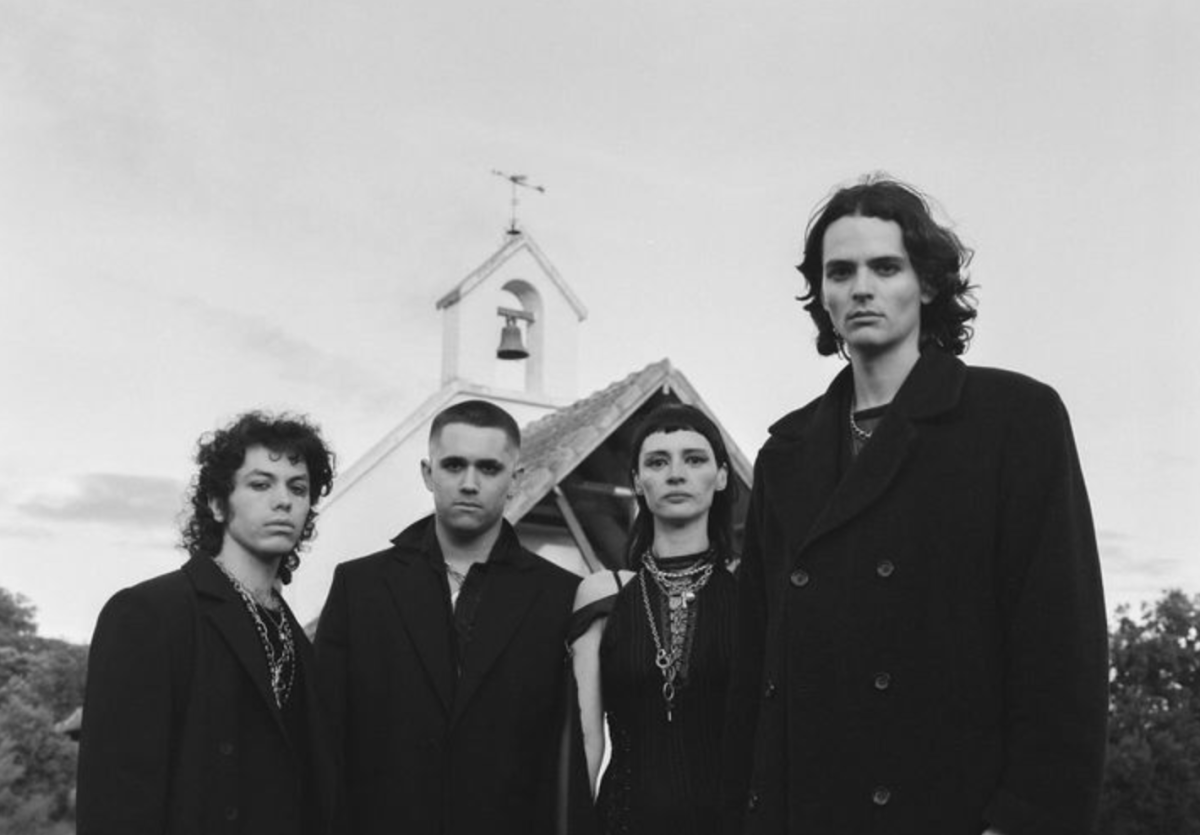
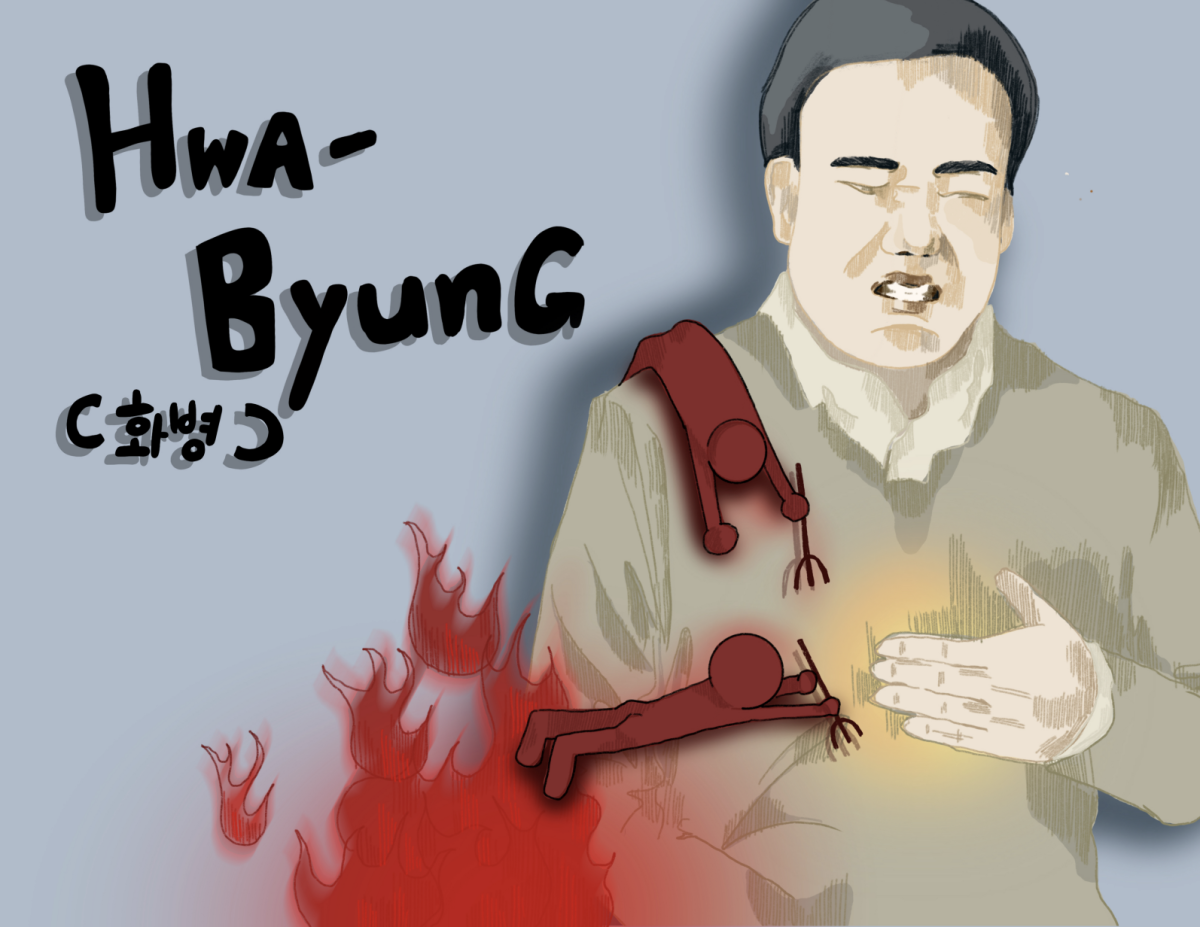
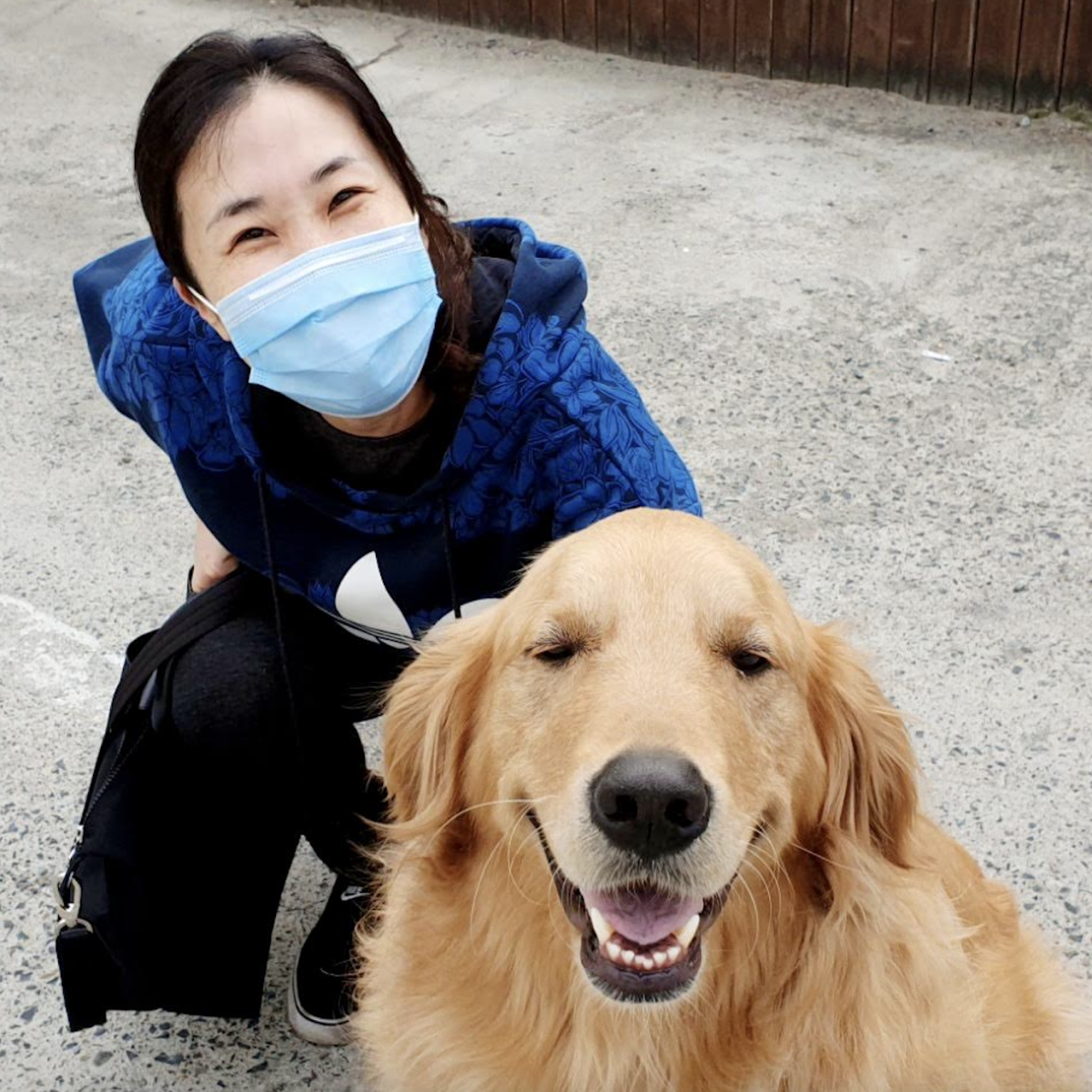
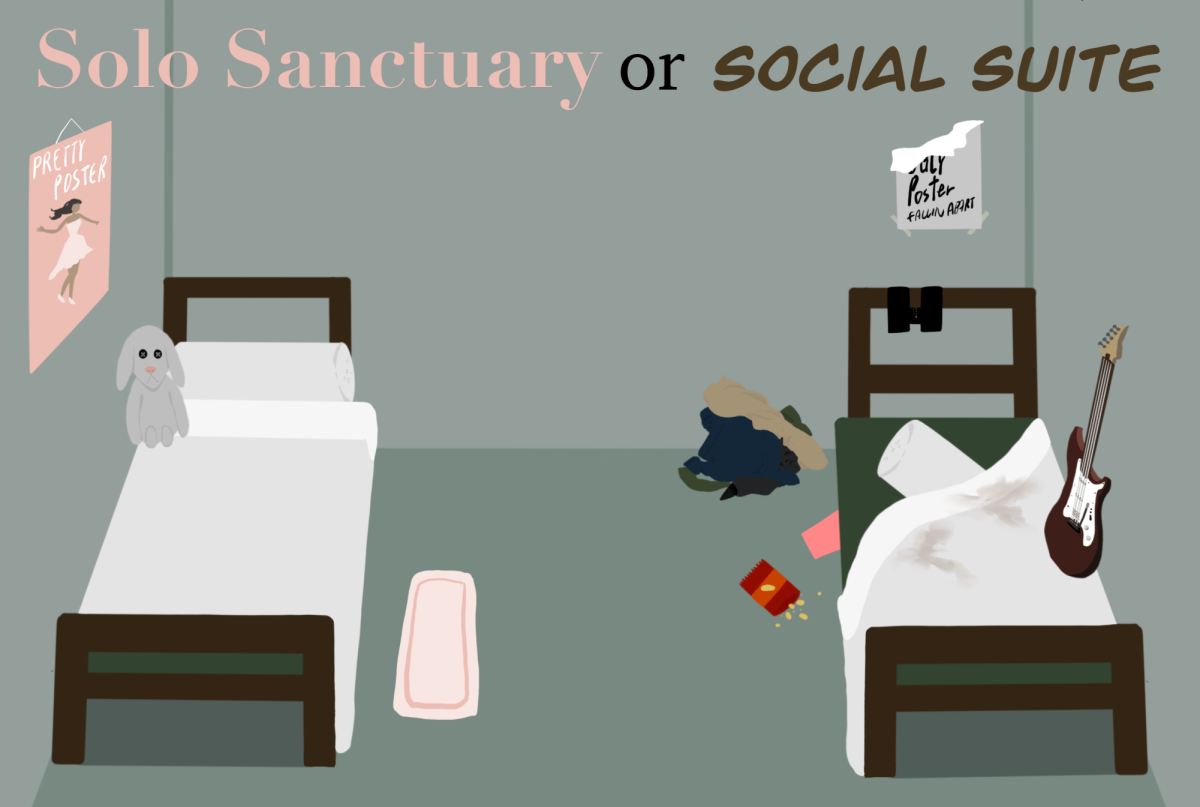


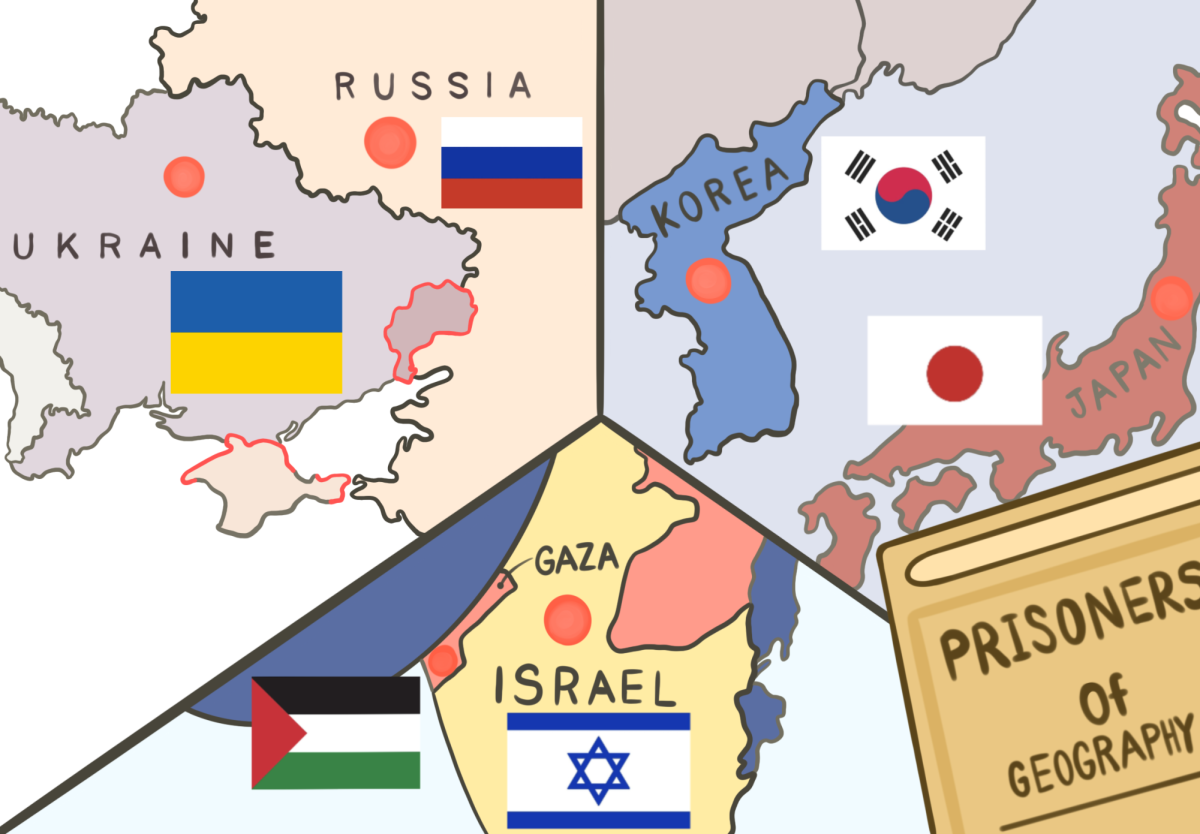
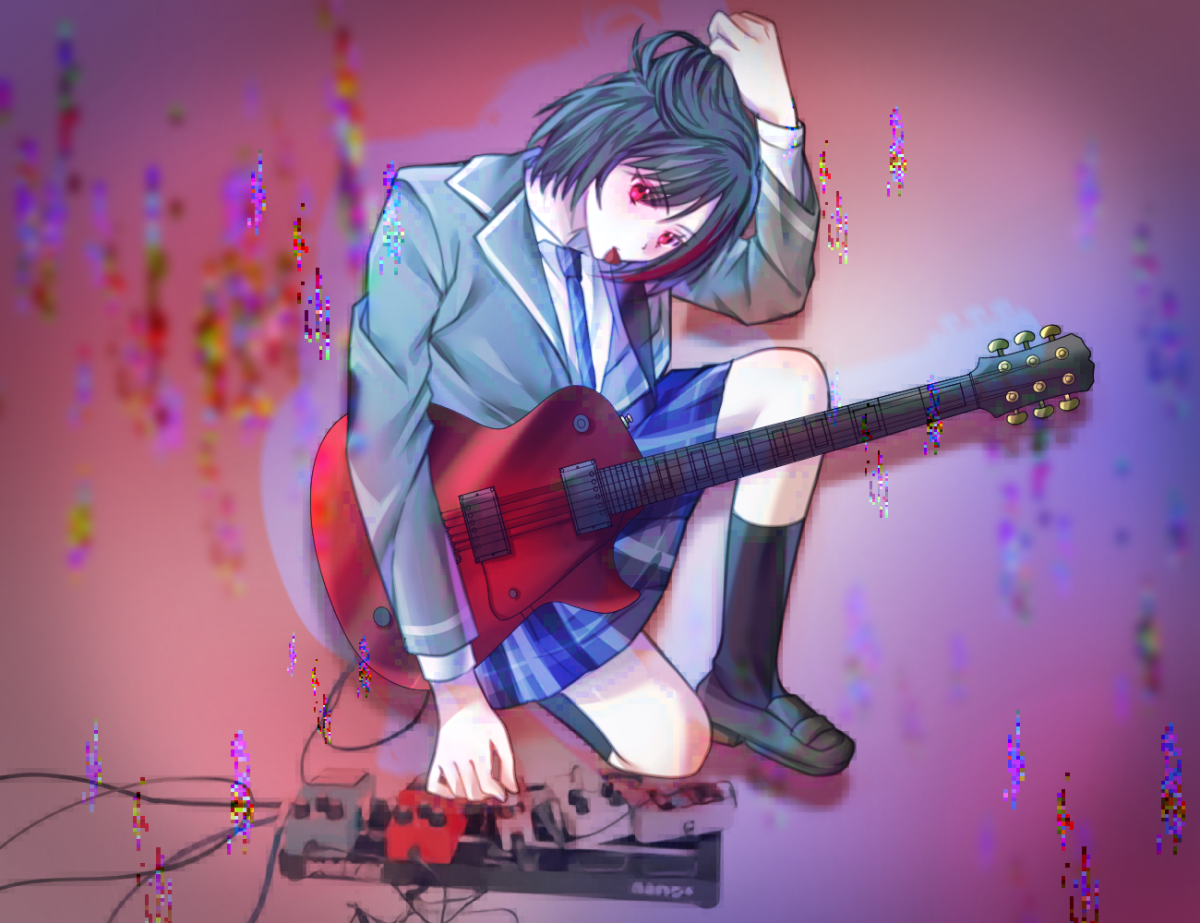
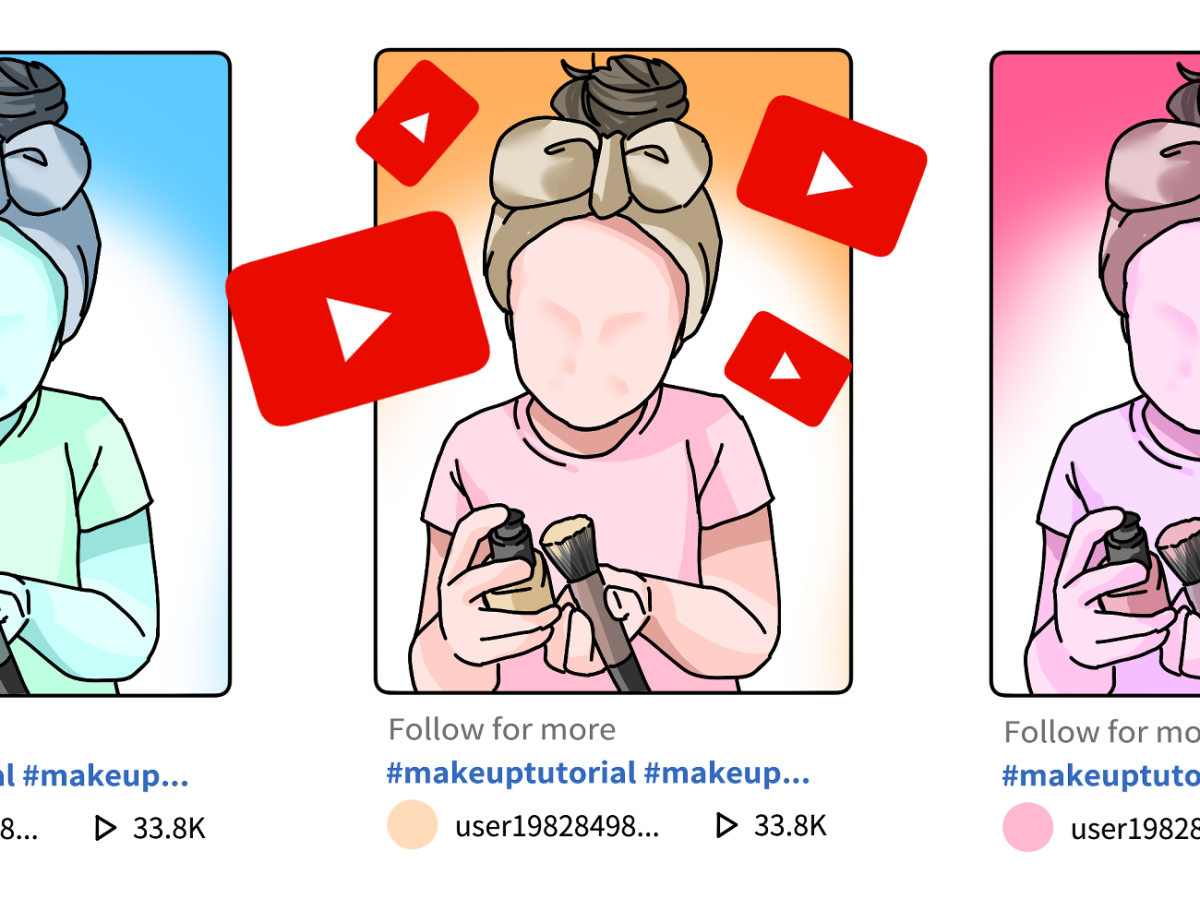

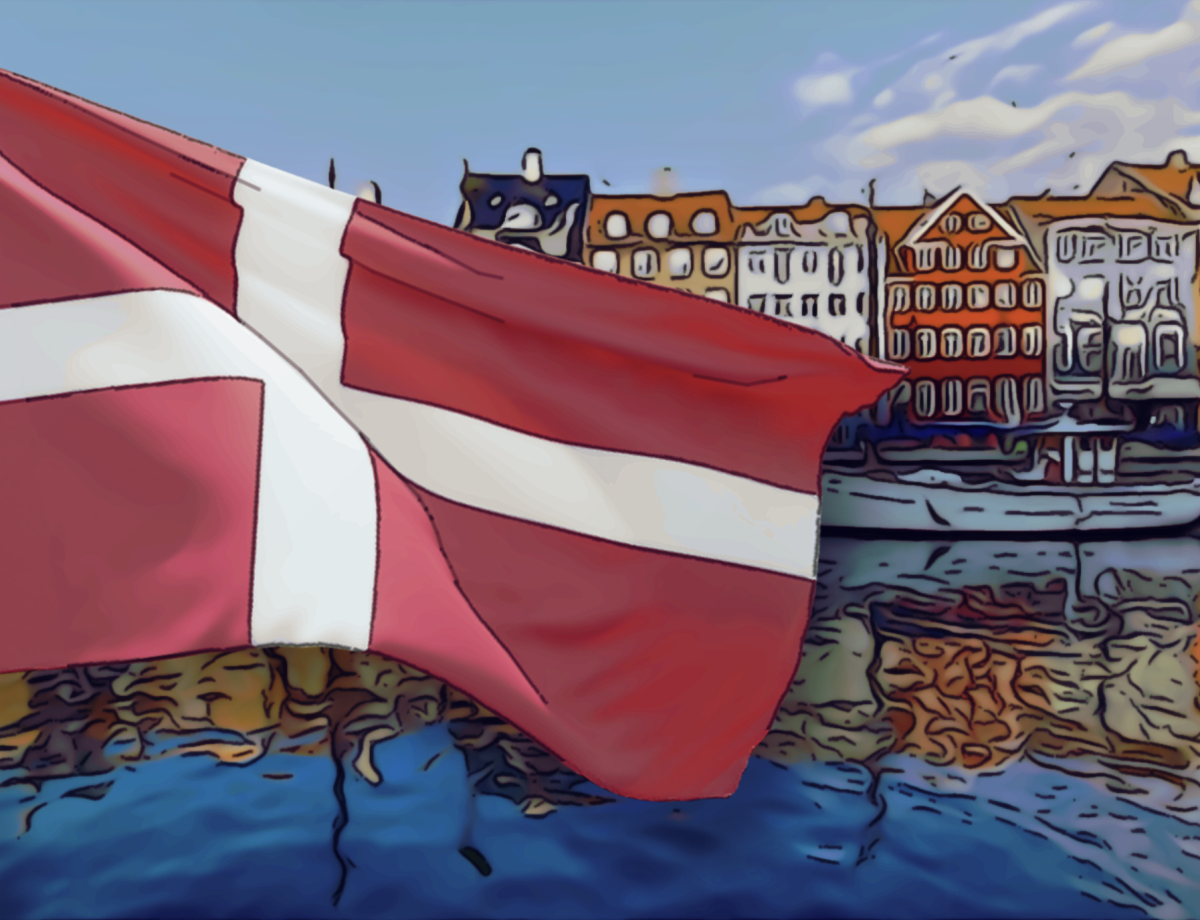
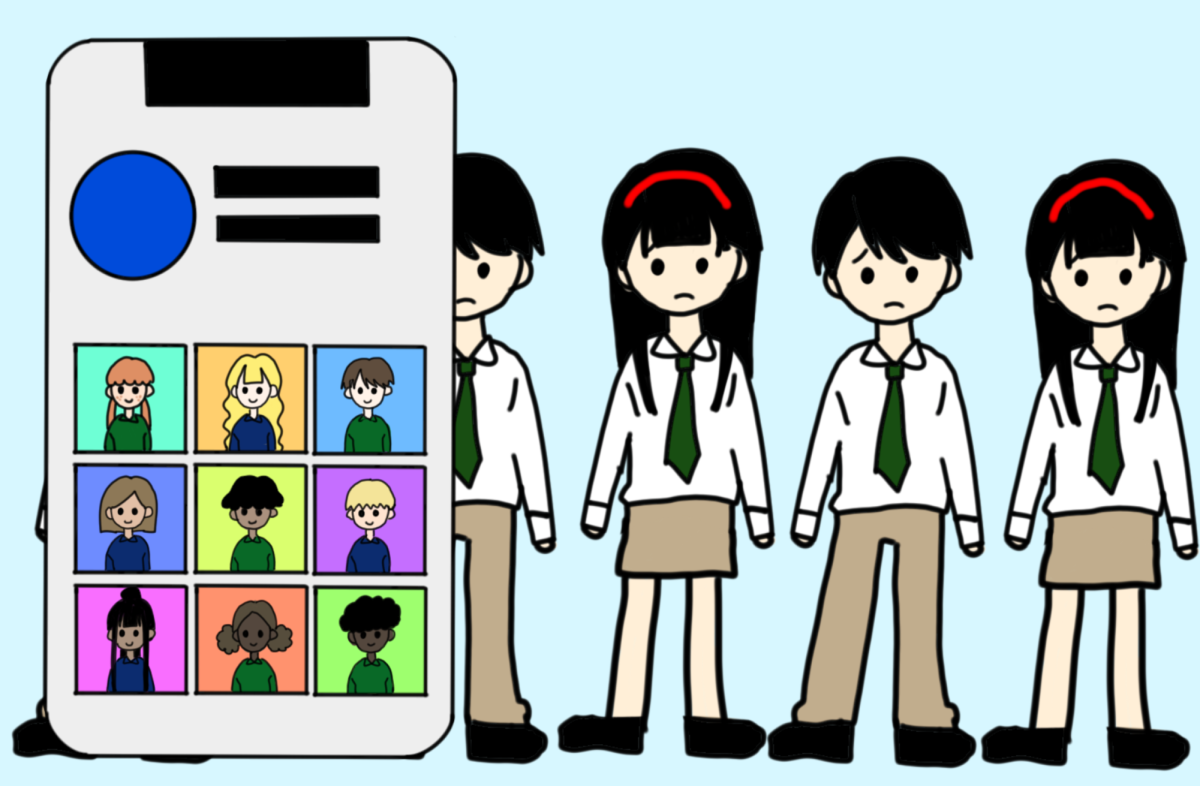

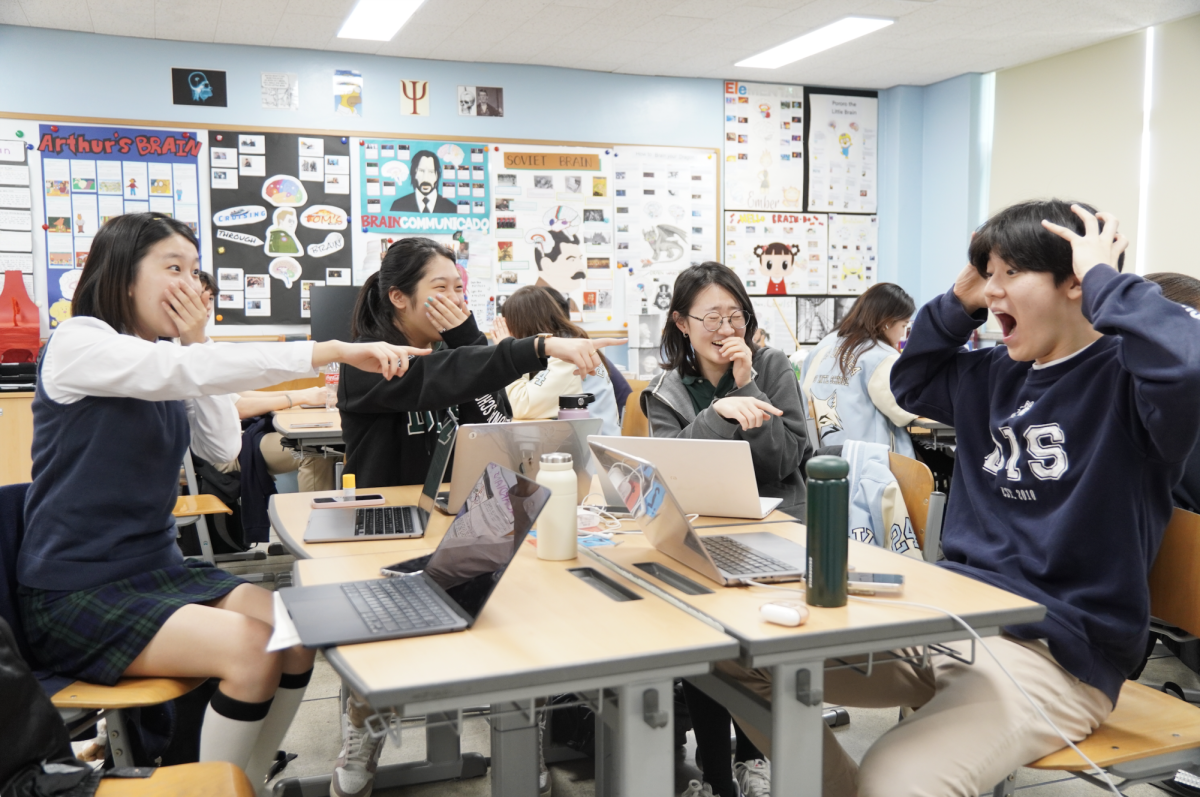


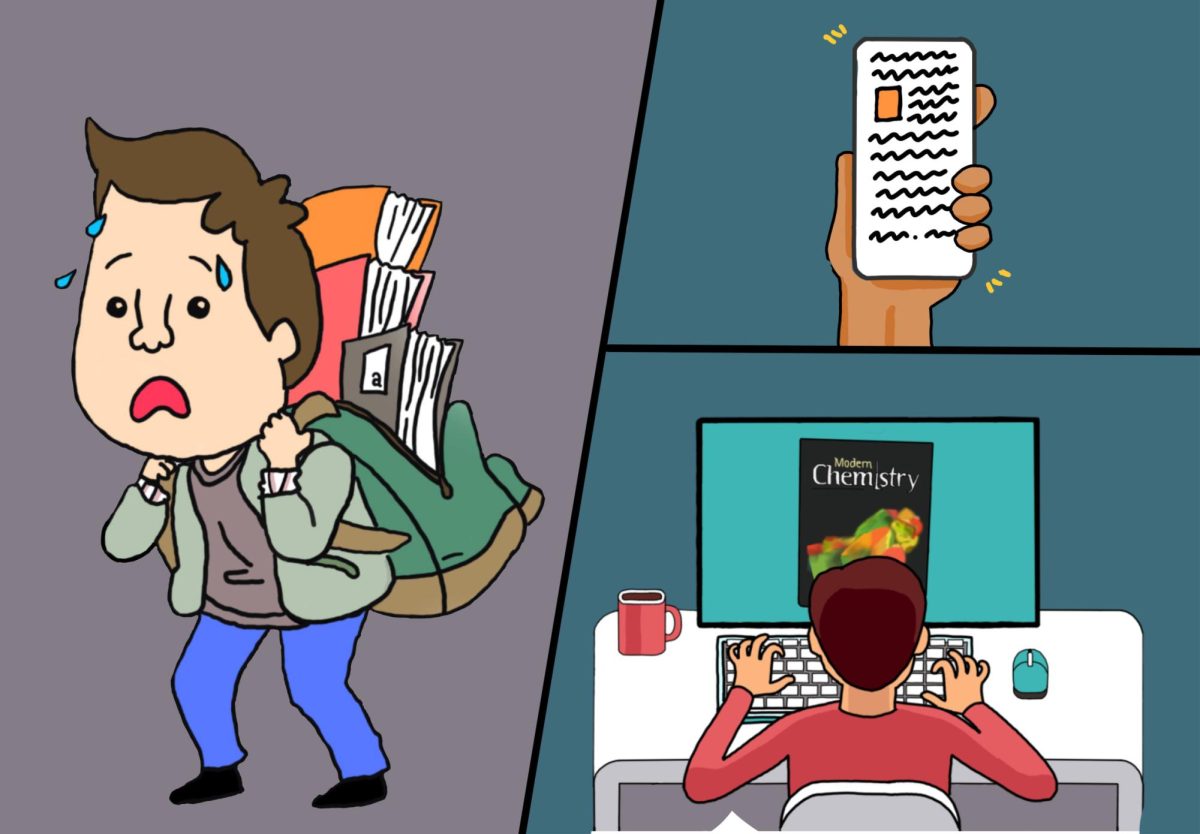
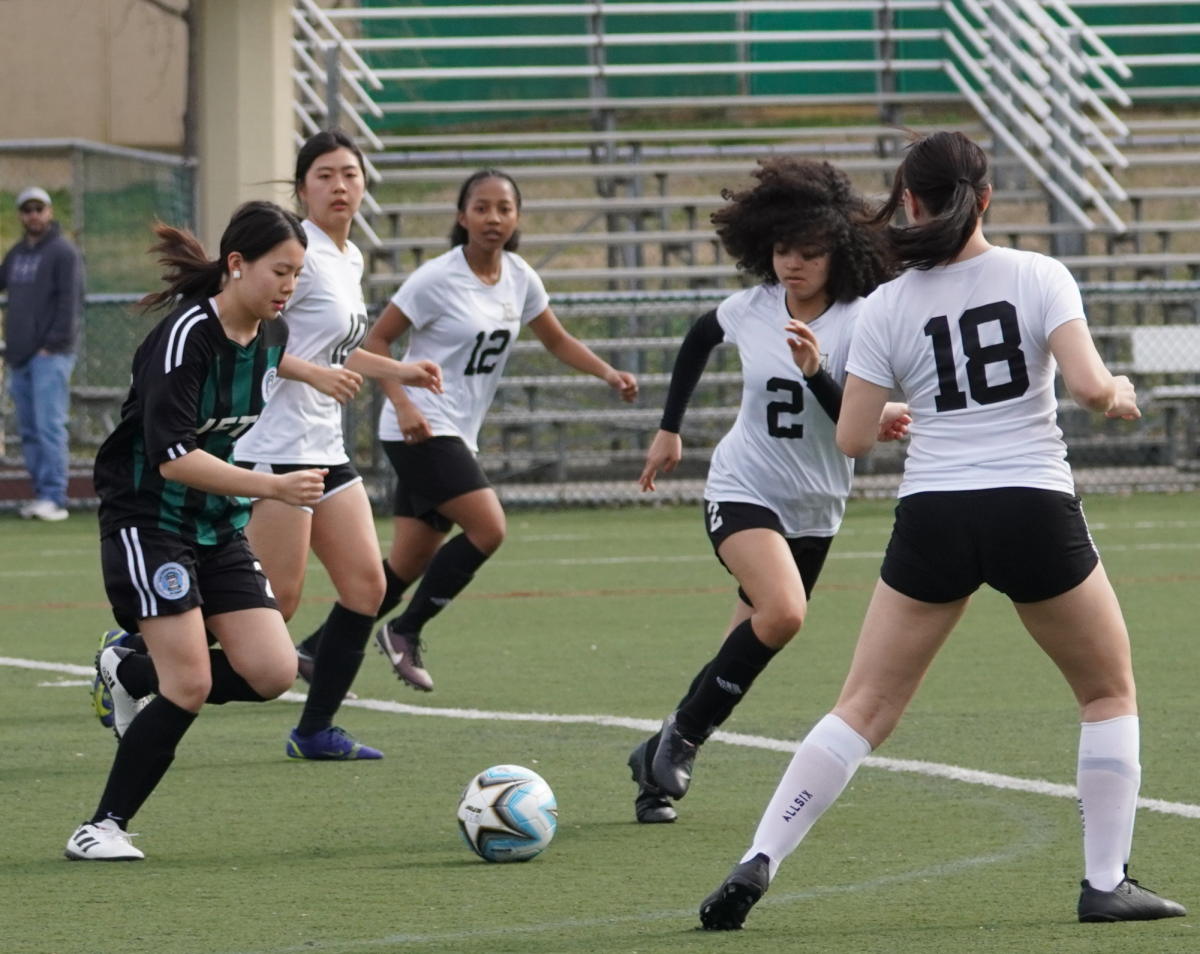
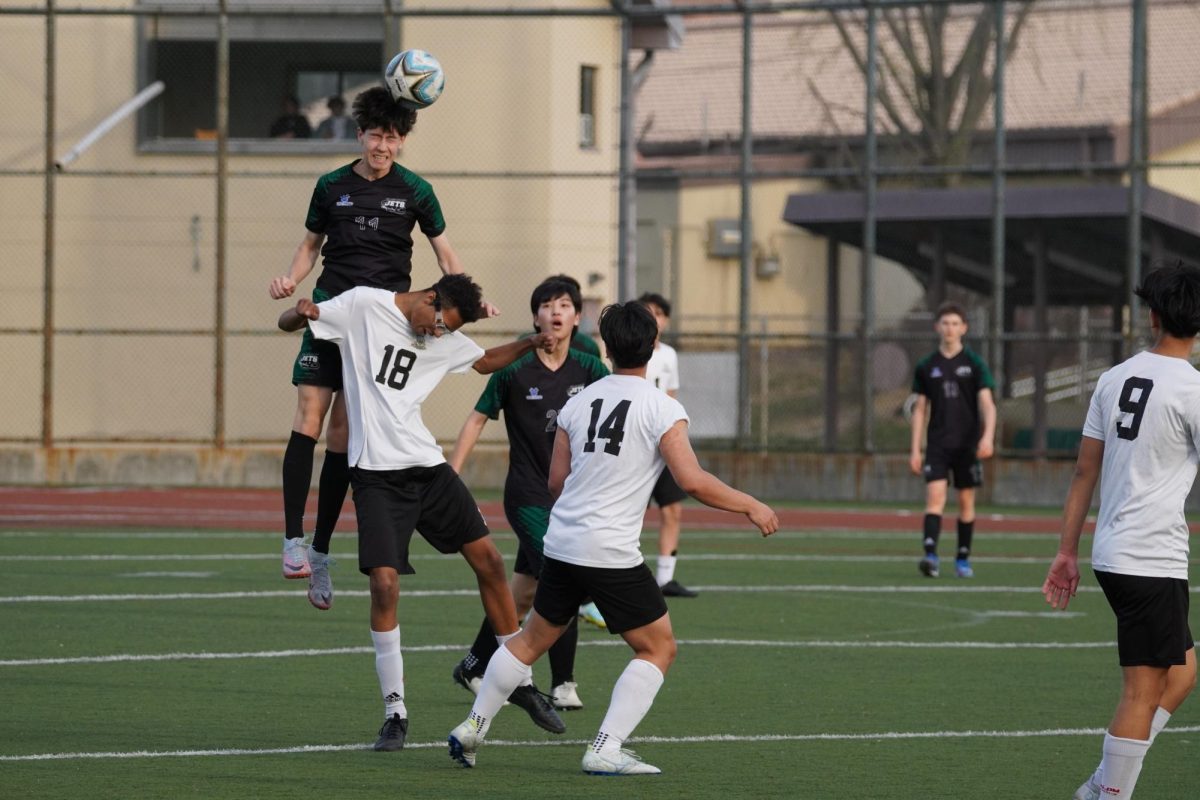
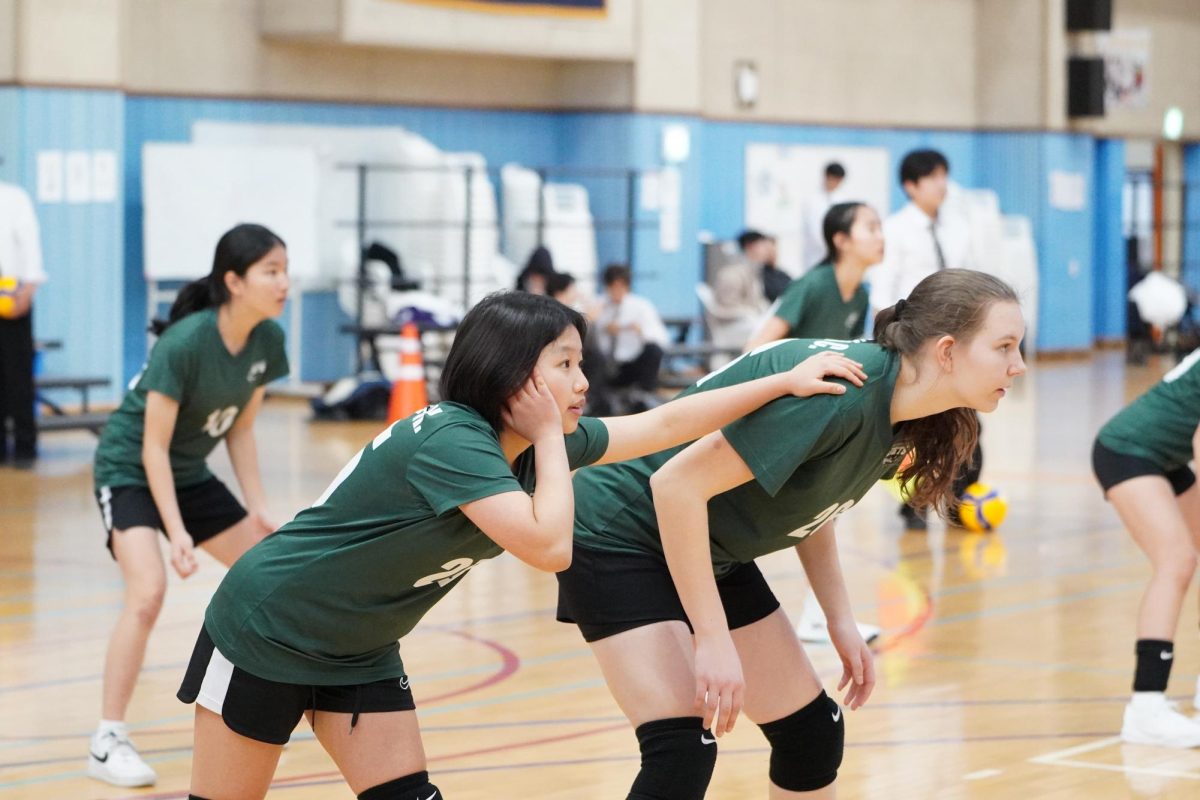
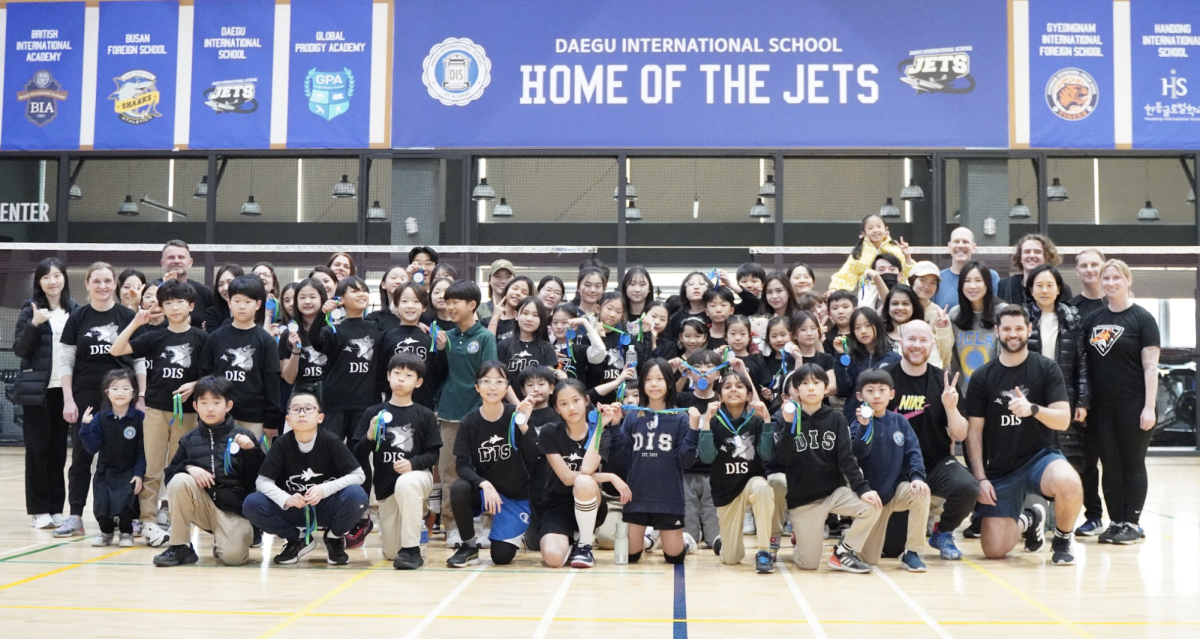
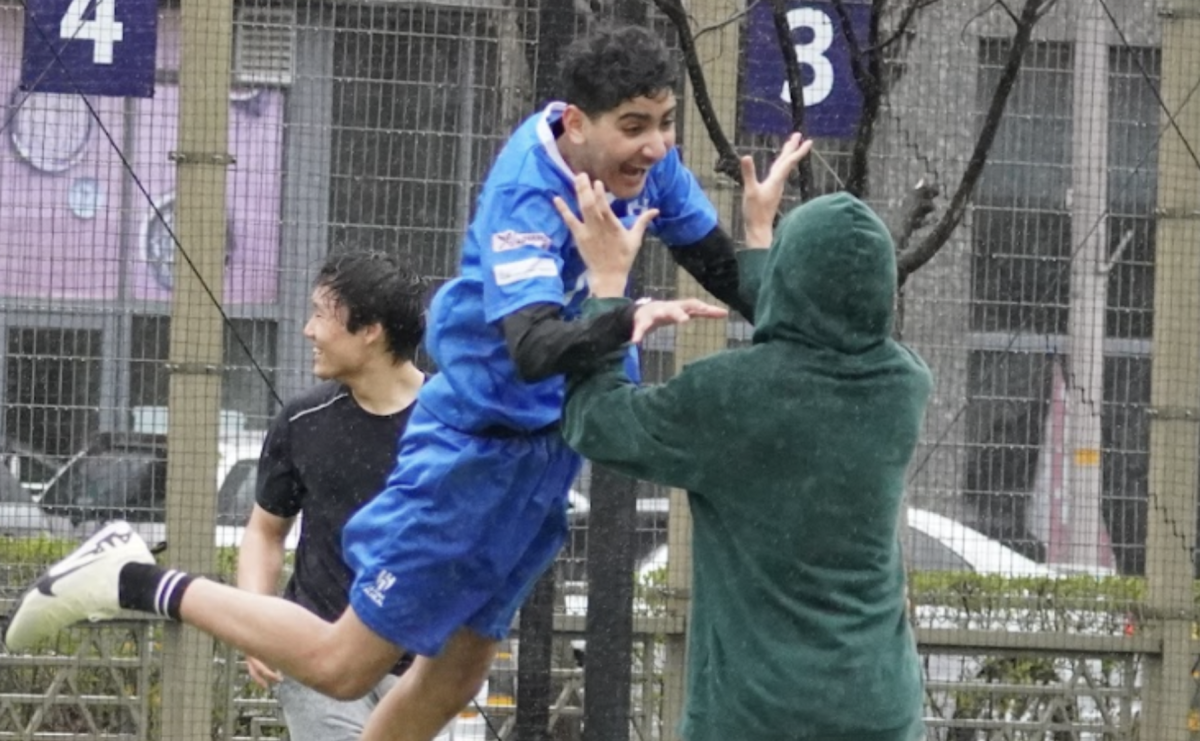


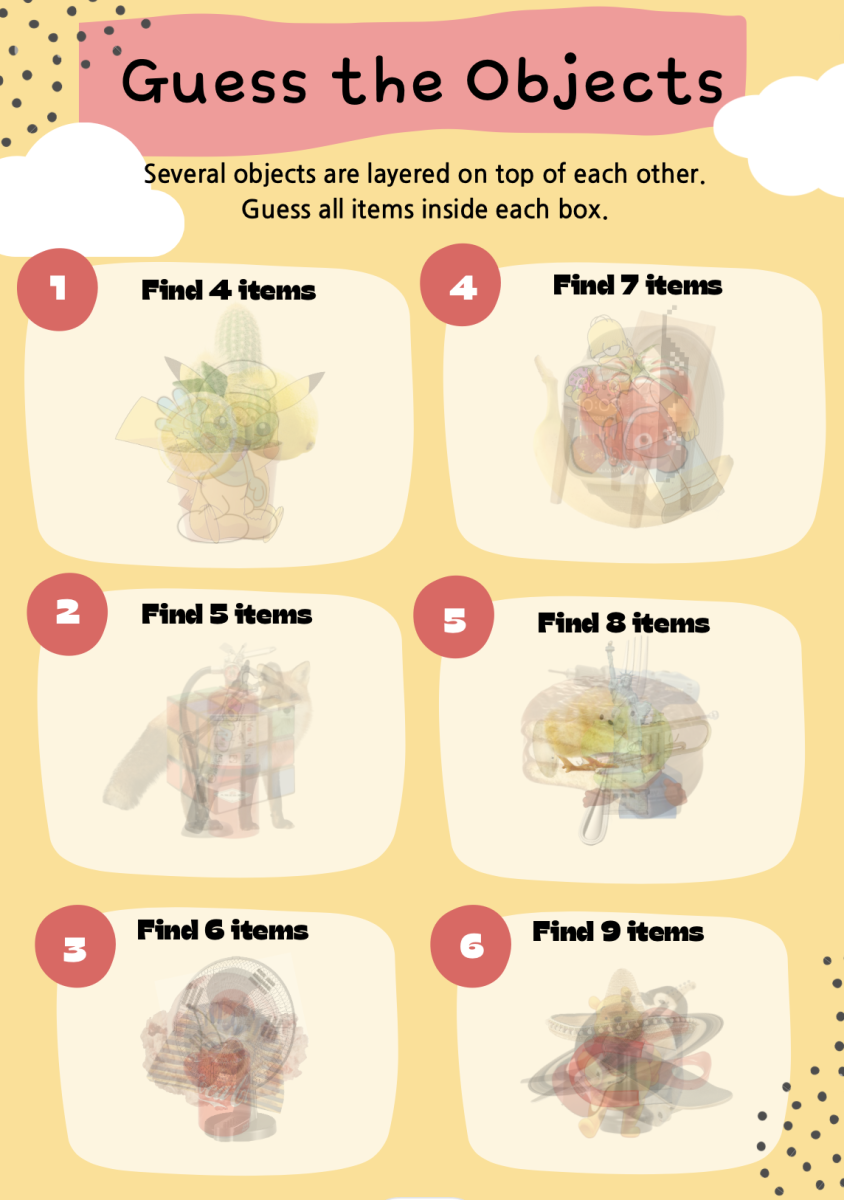
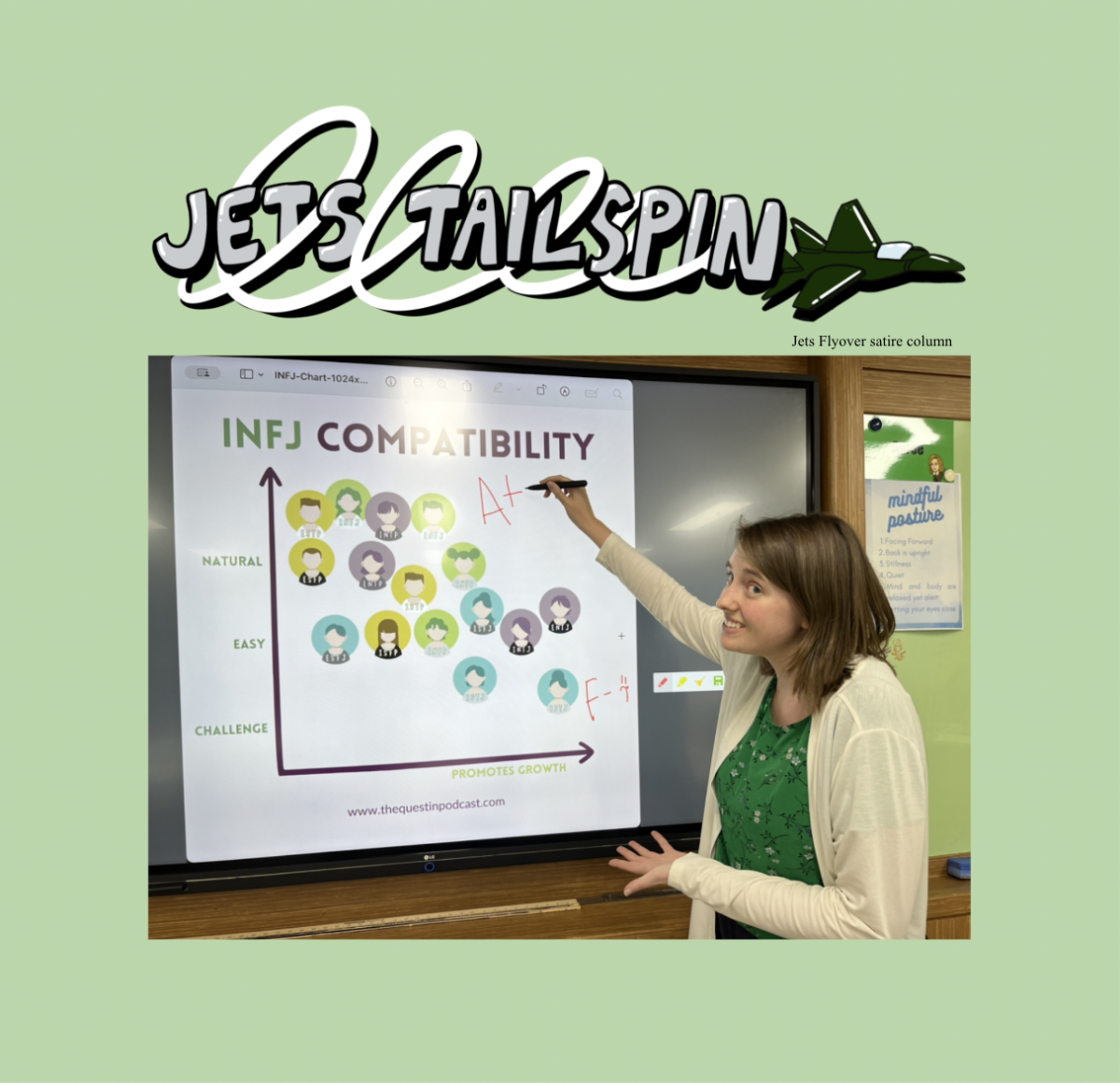

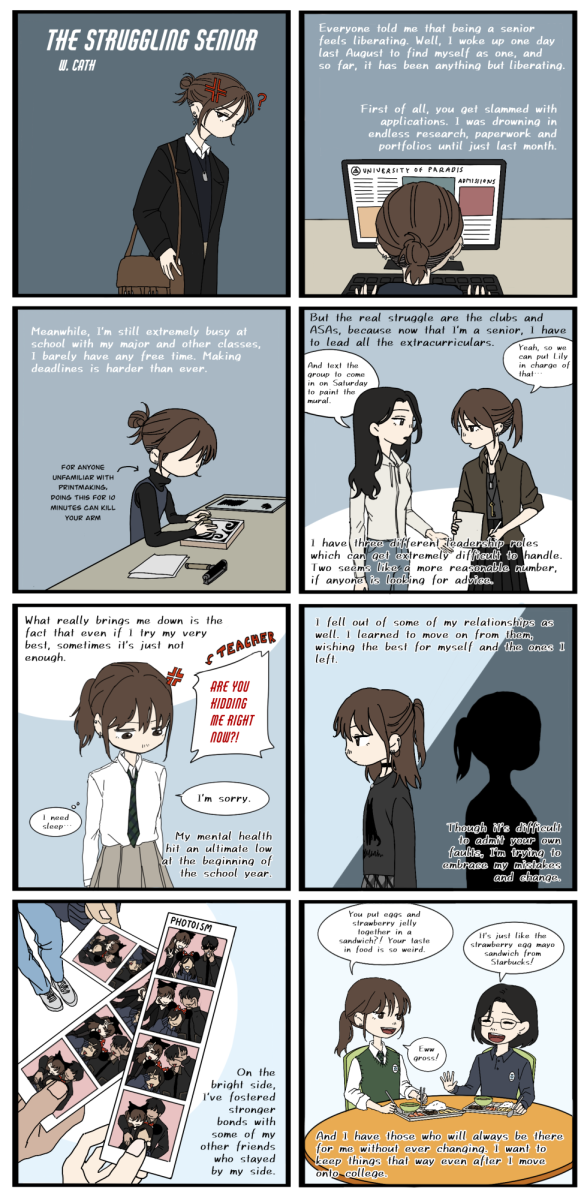

![[Podcast] Bet on Bonnie Episode 1: Haydn Mangione](https://jetsflyover.com/wp-content/uploads/2024/05/jbspodcasts-1200x951.png)
![[Podcast] Jets Jukebox Episode 1: Bleachers, Self-Titled](https://jetsflyover.com/wp-content/uploads/2024/04/Jets-Jukebox-LOGO-1-1200x1200.png)

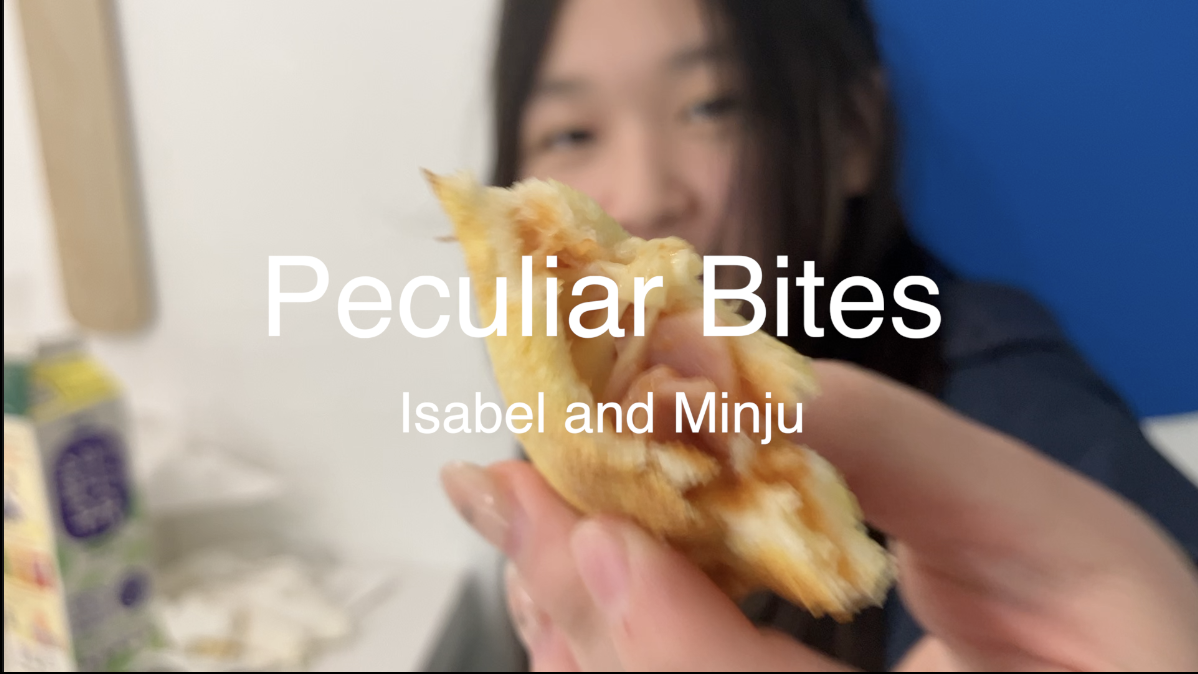

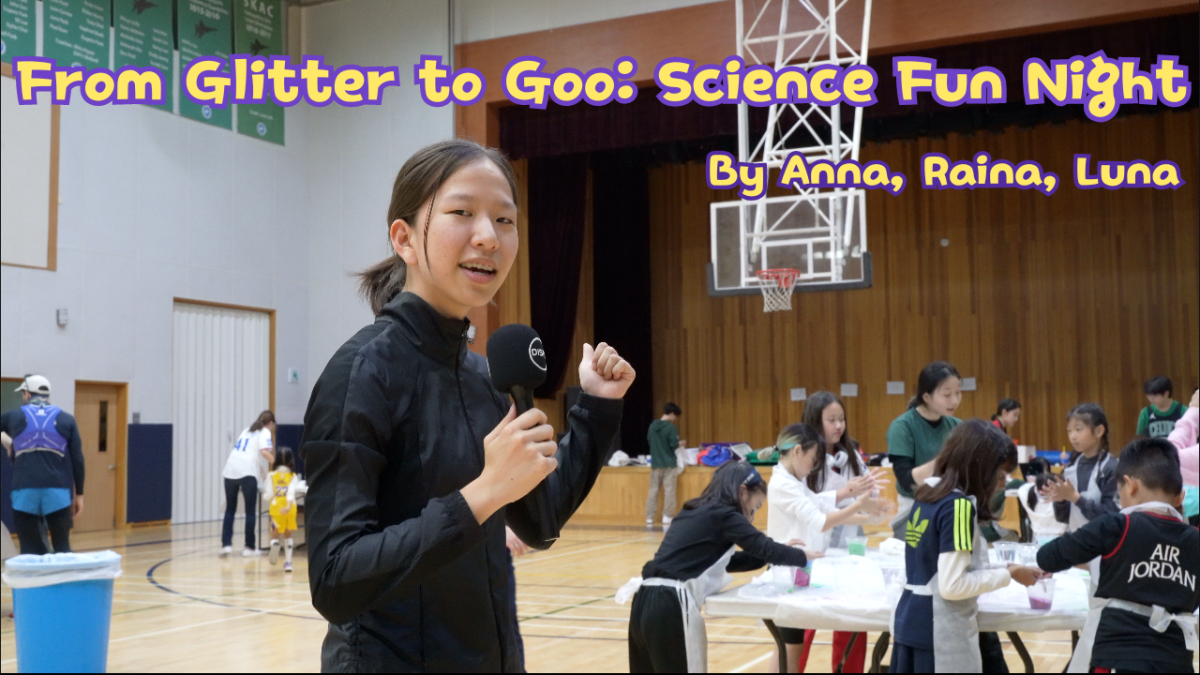
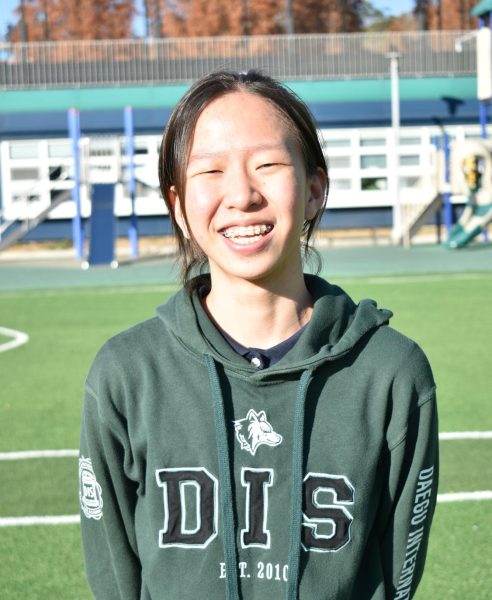
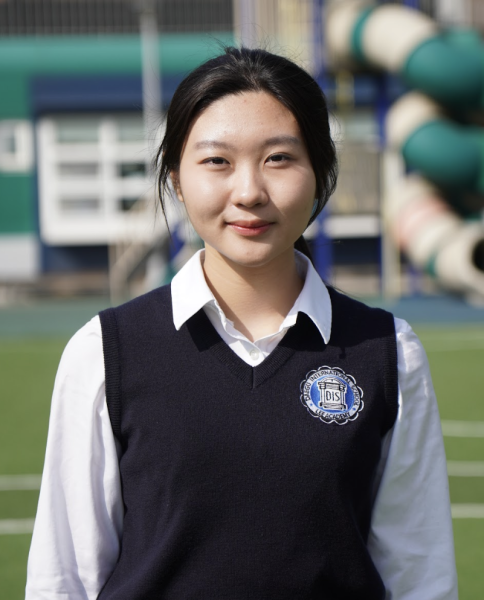
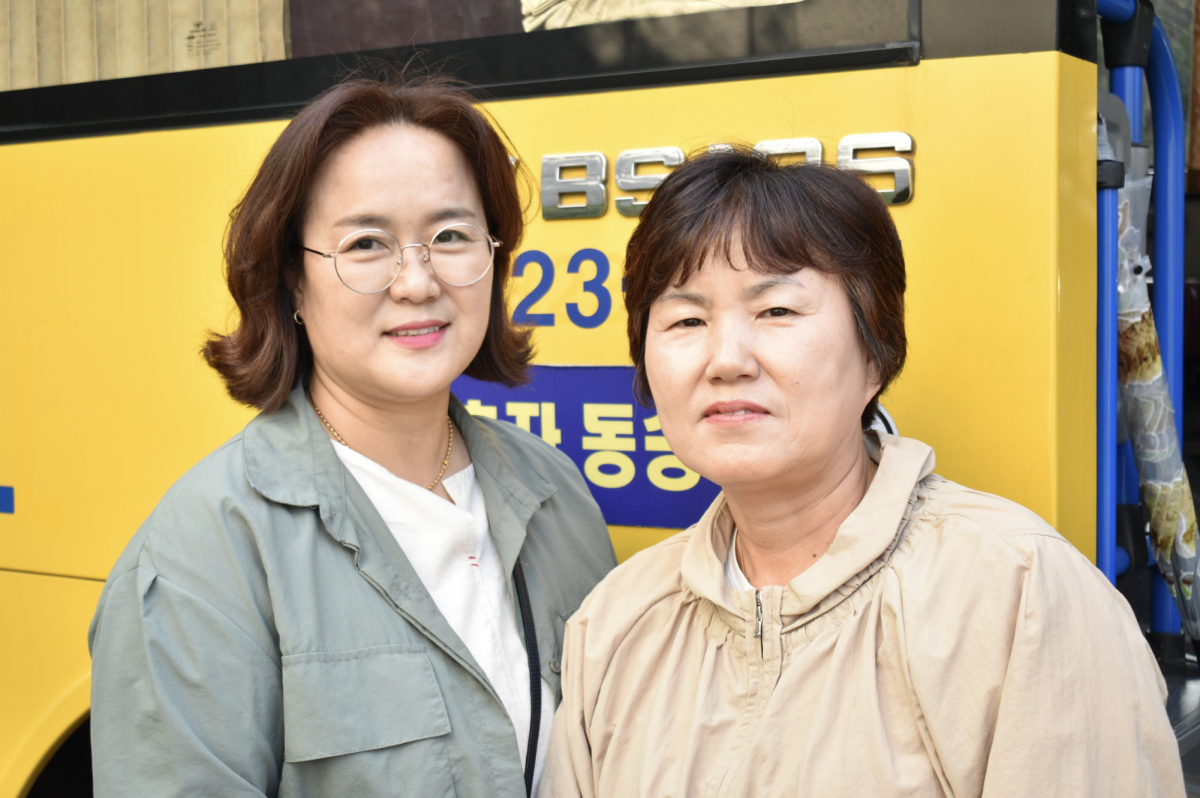




Eddy kim • Apr 25, 2024 at 7:31 pm
I think my Mom has hwa byung because whenever she is mad she says 너때문에 나 화병났다… 속에 천불이난다!!! (i have hwa byuong because of you! my chest burns)
Also, she cannot swallow food when angry and she says 니때문에 배가 다 쓰리다… (I cannot eat because my stomach hurts because of you)
Sola • Apr 22, 2024 at 4:56 pm
Interesting. I think I have symptoms to Ul hwa-byung. Maybe began when I was 15. Maybe everyday. Hmm.
Amazing work Anna!!! :))
Jerome Kwon • Apr 25, 2024 at 7:21 pm
“Never diagnose yourself or other people with mental illness”
-Mr. Lipsky in AP Psychology
Sola • Apr 28, 2024 at 7:09 pm
“Always know your illness and then go get a doctor. Or a mortician”
-Solah Han in class of 2026